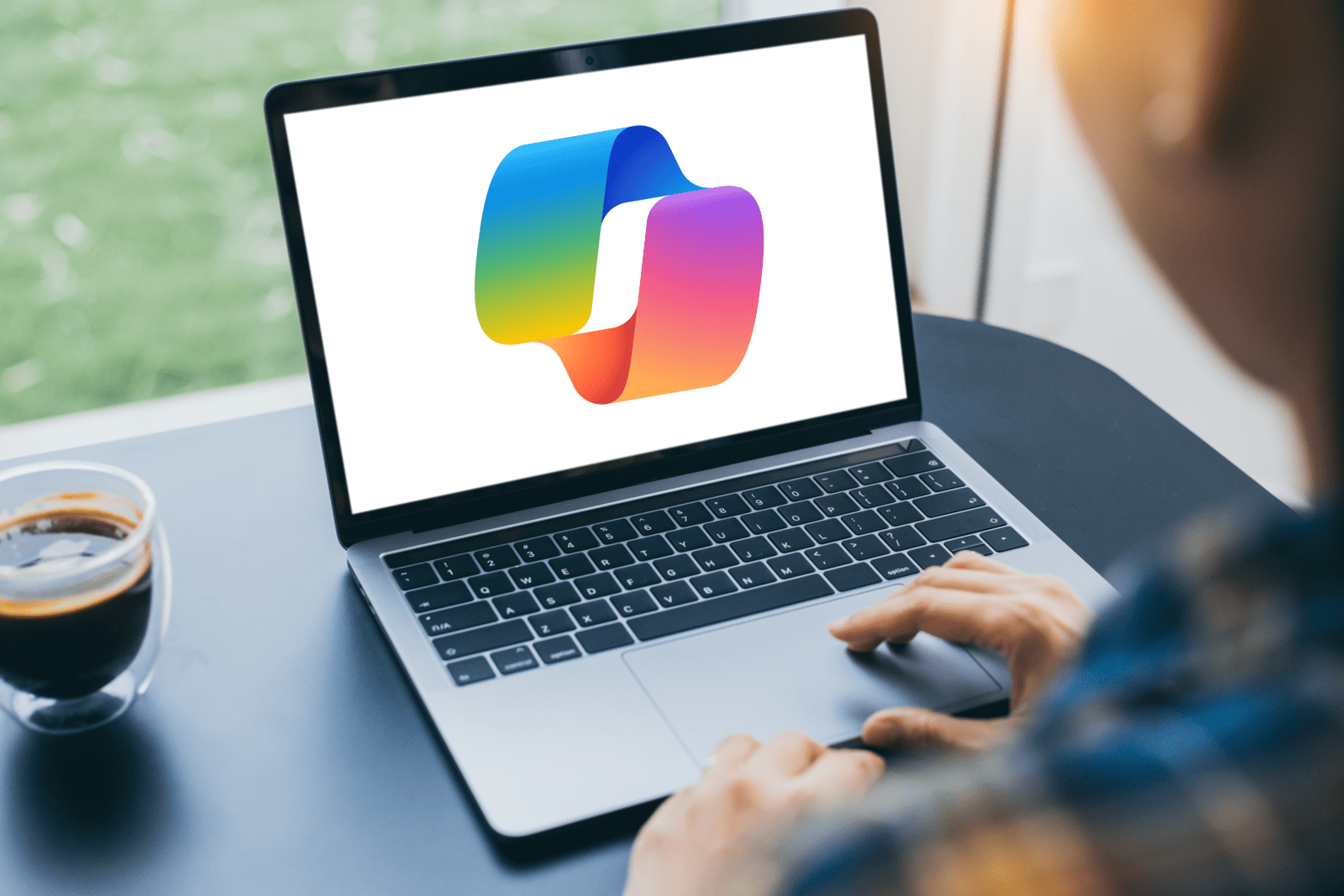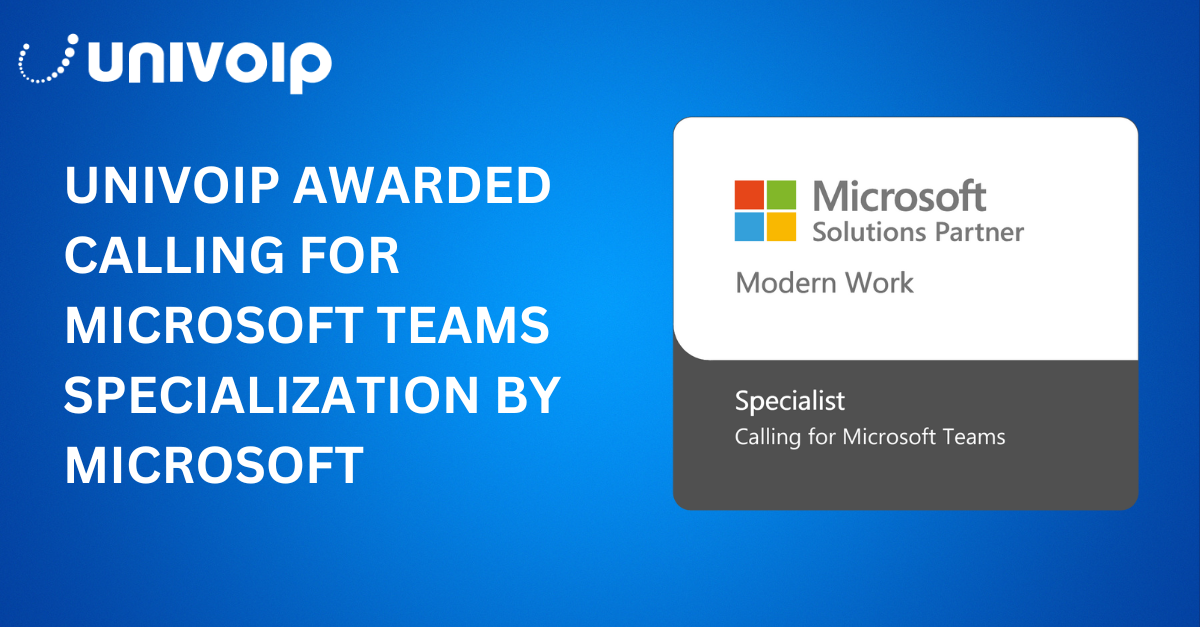What Call Recording Does for Your Business
Call Recording allows your business to record inbound and outbound calls according to the rules that you define. You designate which of your employees handling those calls will be recorded. All inbound calls from the outside world to the selected employees will automatically be recorded. Calls initiated to the outside world from the selected employees will be recorded so long as those employees press 8 (instead of 9 to get out of the system).
To help you understand the details of each recorded call, Call Recording immediately presents and preserves call records that tell you who called, when he or she called, who answered and whether, when and where those calls were transferred. And, finally, you are given a powerful tool for evaluating how your employees handled each recorded call.
7 Call Recording Benefits for Businesses
Better staff training and performance.
The call recording feature enables managers to gain valuable insight on customer-agent interactions and determine weakness in communication that could be improved on. Through informed training, not only is agent performance tailored to individual competencies but also helps create better outcomes for future customer exchanges.
Resolve disputes with hard evidence.
In many cases, call recording can act as a verbal contract between customers and agents. Whenever a dispute occurs, the feature makes it easy to relive the conversation and offer concrete evidence to verify any claims. These authentic recordings simplify preserving company reputation and safeguards against unwarranted claims against services rendered.
More clearly understand customer needs.
The call recording feature acts as an invaluable tool to assess and understand what customer needs are. Agents and supervisors can quickly identify frequently asked questions, overlapping concerns, requirements, product complaints etc. From this information, companies can quickly adjust and adapt to customer needs more efficiently.
Ensure Regulatory Compliance
Depending on your industry, there may be legal requirements for recording and storing customer calls. Whether it’s financial services, healthcare, or legal operations, call recordings help demonstrate compliance with laws such as HIPAA, PCI-DSS, or GDPR. By keeping a secure archive of client interactions, businesses can protect themselves from regulatory penalties and maintain operational transparency.
Monitor Quality Assurance (QA)
Call recording allows supervisors to consistently monitor and review agent interactions to ensure service quality standards are met. Instead of relying on guesswork or customer complaints, managers can use real data to ensure agents follow scripts, meet communication standards, and represent the brand appropriately. This ensures a more consistent customer experience across the board.
Capture Missed Details & Reduce Errors
During fast-paced calls, agents may forget or mishear critical information, such as order numbers, addresses, or support issues. Having call recordings readily available ensures that teams can double-check facts, resolve discrepancies, and prevent costly mistakes. This not only protects the business but also improves customer trust and satisfaction.
Support Sales Coaching and Strategy
Sales managers can leverage call recordings to review how agents handle objections, pitch products, and build rapport. By analyzing successful (and unsuccessful) calls, teams can refine scripts, uncover winning techniques, and improve overall conversion rates. It’s a practical, data-driven way to boost sales performance.
Types of Business Call Recording: What Works Best for You?
Not all call recordings are created equal. Depending on your business setup and compliance needs, one method may suit you better than others. Here are the most common types of call recording used by businesses today:
Automatic Call Recording
Automatic call recording is integrated directly into your phone system, whether you're using PBX, VoIP, or a contact center platform. This setup lets you record all calls or filter recordings based on rules, such as specific numbers, departments, or user groups.
It’s ideal for businesses needing to record calls for legal compliance, quality assurance, or training. Beyond basic call capture, advanced solutions also index audio files for quick search by agent, date, customer, or keywords. Built-in analytics help track trends, call durations, and agent performance, giving managers the data needed to make informed decisions.
On-Demand Call Recording
With on-demand recording, team members can manually start or stop a recording during a call. This approach gives users greater control, especially helpful in scenarios involving sensitive information like payment or health data.
Agents can pause and resume recording as needed, ensuring privacy without sacrificing accountability. On-demand recording is also ideal for capturing key moments, such as client instructions or agreement terms, without using excessive storage space.
Video Meeting Recording
As more teams collaborate remotely, recording virtual meetings has become essential. This method captures not just audio but also shared screens, presentations, and participant video feeds.
Video recordings are great for training, onboarding, or reviewing team meetings. They allow distributed teams to stay aligned, even if not everyone can join live. For businesses relying on virtual collaboration, this method boosts transparency and knowledge-sharing.
Call Recording Pre Adoption Checklist
Prior to adopting call recording, follow these steps:
- Decide which of your employees you would like to add the call recording feature to and write down their extension numbers.
- Decide which of the business’s phone numbers will be eligible for recording and write them down
These are inbound numbers and also any outbound number selected for Caller ID by a user who has been selected to “record”. - Decide which time zone you would like to use from a call recording time stamp standpoint. You can only choose one time zone.
- Identify at least one employee to be a call recording admin and write down their extension number(s).
Legal Considerations for Recording Business Calls
Call recording offers powerful benefits, but it also comes with legal responsibilities. Businesses must comply with regional consent laws, data privacy standards, and internal access controls to stay protected and build trust.
Consent and Notification Requirements
Some jurisdictions (like California and Canada) follow two-party or all-party consent laws, requiring all participants to approve call recording. In other areas, one-party consent is enough, meaning one person (typically the business rep) must be aware.
Regardless of the law, it’s best practice to notify participants at the start of the call, either through an automated voice prompt or verbal disclosure from the agent.
Note: Always consult with a licensed attorney to understand your specific obligations before enabling call recording.
Access Controls and Data Privacy
Recordings often contain sensitive data. It’s essential to limit playback access to specific roles, such as managers conducting QA or handling disputes. IT teams should also ensure compliance with regulations like GDPR, CCPA, and HIPAA, depending on the customer base and industry.
Proper retention policies should be in place to ensure data is only stored as long as necessary. Recordings no longer in use should be securely deleted to minimize risk.
Training and Internal Awareness
Before rolling out call recording, train your staff on both technical use and legal requirements. Employees must know when and how to inform callers, how to pause recording when needed, and how to handle objections.
This protects your business from legal exposure while maintaining a respectful, transparent experience for customers.
Best Practices for Recording Business Phone Calls
Recording business phone calls can be a valuable tool for training, compliance, and quality assurance, but only when done properly. To ensure your call recording process is effective and legally sound, follow these best practices:
• Inform All Parties: In many regions, it’s a legal requirement to notify callers that the conversation is being recorded. Always start with a clear disclosure or automated prompt.
• Define Clear Policies: Decide which types of calls will be recorded (e.g., support, sales, or inbound only), and make sure your team understands when and how recording is triggered.
• Use Role-Based Controls: Not every employee needs call recording. Assign recording privileges based on roles and responsibilities to maintain focus and privacy.
• Secure Your Recordings: Protect recorded conversations with encryption and secure storage. Limit access to authorized personnel only.
•Review and Act: Regularly review recordings to coach employees, improve service, and identify trends or gaps in your customer experience.
By following these practices, you can make sure that your call recording system not only supports your goals but also respects customer trust and legal boundaries.
Why UniVoIP Is the Smart Choice for Business Calling?
For contact centers, every call is a chance to build trust, solve problems, and improve performance. UniVoIP’s call recording solution gives you full control. Automatically capturing the conversations that matter most, while offering detailed insights into agent performance, customer experience, and compliance.
Whether you're training new agents or auditing for quality, UniVoIP gives you the tools to manage it all with ease.
Want to elevate your contact center operations?
Contact UniVoIP today and see how our call recording solution can help.

-1.jpg)

